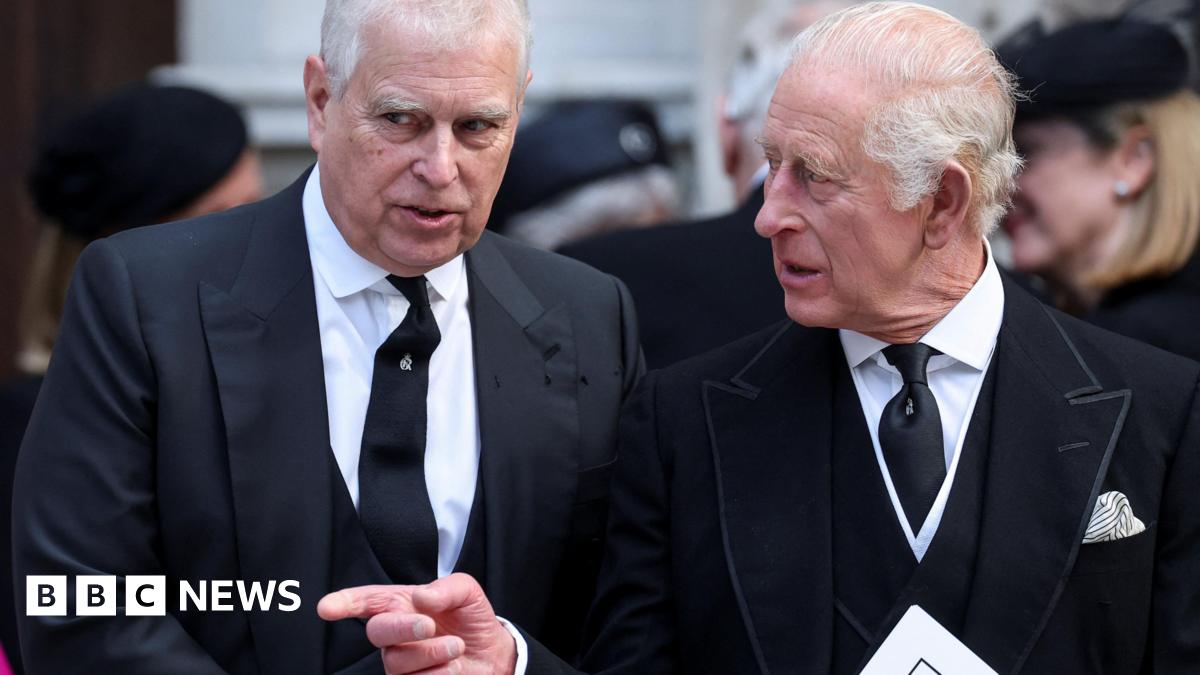There have been calls to strip Andrew of his titles, such as the Duke of York. That idea has considerable public support, with a YouGov poll over the summer showing that 67% of people backed removing his remaining titles.
It would require the intervention of Parliament, but there is a legal mechanism. It was used during the First World War to sanction aristocrats who had UK titles but were fighting in the German army.
So it’s not impossible that such a symbolic move might be pursued if the drip-drip of scandal became too much to ignore.
Andrew has remained a Knight of the Garter, a high chivalric honour, which in theory could be taken away. Although at present he doesn’t take part in the annual public procession in Windsor and is confined to the private parts of the annual ceremony.
There was once an elaborate process for excluding someone from being a member of the Order of the Garter, known as “degradation”. But that hasn’t been used since the 18th Century. More recently members were simply removed, such as the leaders of Britain’s opponents in the First World War, Wilhelm II of Germany and Franz Joseph of Austria-Hungary.
Benito Mussolini, Robert Mugabe and Nicolae Ceausescu all had honours withdrawn. Although the latter, the Romanian dictator, had his Order of the Bath honour taken away the day before he was shot by a firing squad, so it might not have seemed his biggest worry.
On past form, the Palace has preferred a more subtle approach to removing status. There was embarrassment that Prince Andrew remained a counsellor of state, who could deputise for the King if he was out the country or was unwell. Rather than directly remove him, other new counsellors were created in 2022 so that Prince Andrew would never have to be used.
